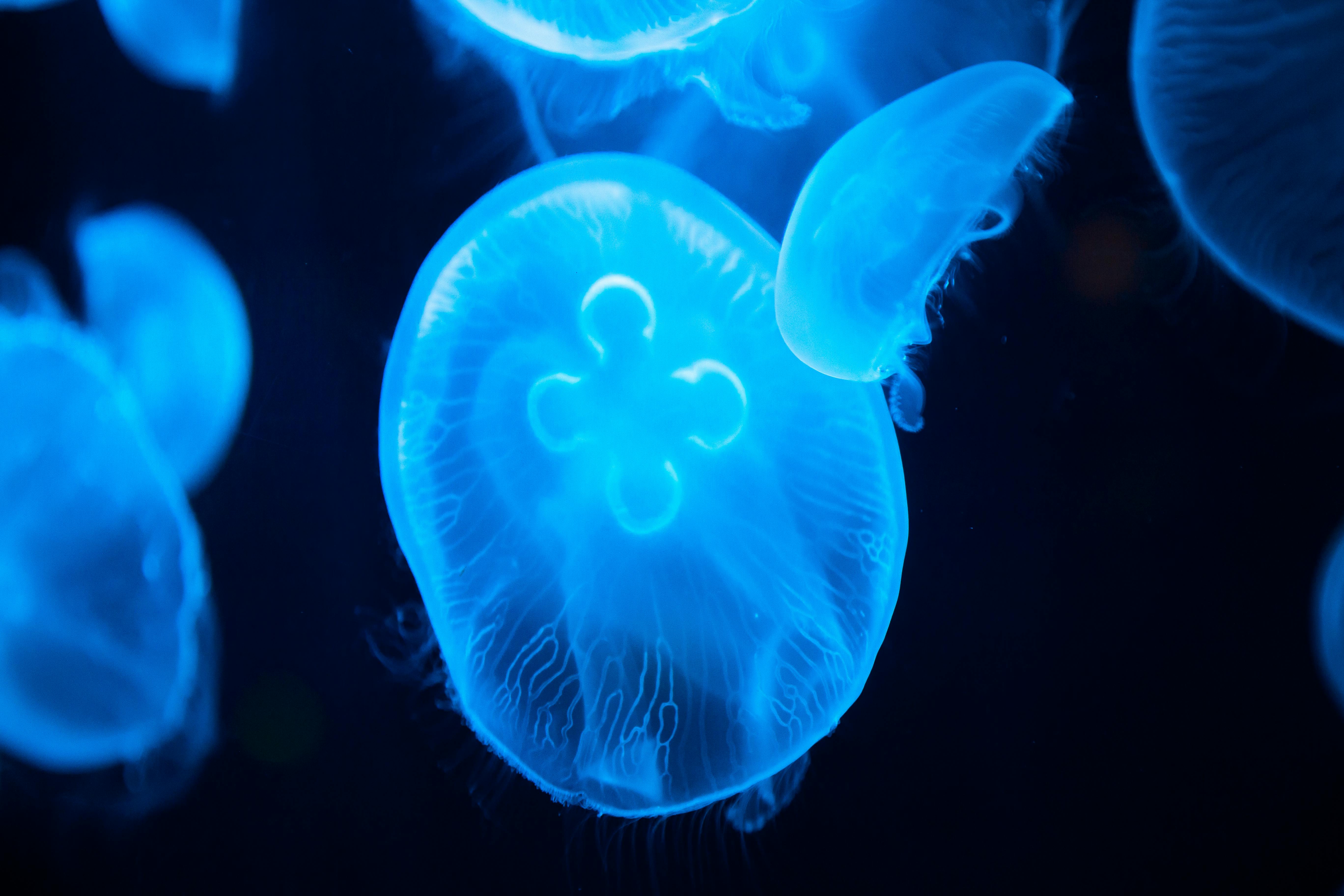
Essential Guide to Streaming "Jojo Rabbit"
In 2025, streaming "Jojo Rabbit," the acclaimed film by Taika Waititi, remains a delightful journey into the poignant themes of childhood innocence, love, and acceptance amidst the backdrop of Nazi Germany. This World War II satire, infused with humor and a unique perspective on hate, provides viewers a humorous yet thought-provoking experience. Through the eyes of a young boy, Jojo, who has been indoctrinated by the Nazi regime, the film explores his friendship with a Jewish girl hiding in his home. In this article, we will share the latest tips for streaming "Jojo Rabbit," discuss its themes, and highlight its significance in contemporary cinema.
From its vibrant cinematography to its stellar cast, including Scarlett Johansson and Roman Griffin Davis, Jojo Rabbit has garnered critical acclaim, solidifying its position as a critical darling and box office success. We’ll break down where to stream it, important details regarding the film’s adaptation from the book source, and how its whimsical storytelling resonates with audiences worldwide. In addition, we will discuss the nuanced character arcs and emotional depth that make this film an unforgettable coming-of-age story.
Whether you're familiar with Taika Waititi's work or discovering it for the first time, this guide will help you navigate the streaming landscape for "Jojo Rabbit." Key takeaways include understanding its impact as a historical comedy, its anti-hate message, and how it blends humor with serious themes in an emotionally resonant way. Let's dive deeper into this must-see film!
Where to Stream "Jojo Rabbit" in 2025
As we explore options to stream "Jojo Rabbit," various platforms are hosting this beloved title as part of their film collections. Popular streaming services such as Disney+, Hulu, and Amazon Prime Video often feature "Jojo Rabbit" due to its critical reception and impressive storytelling. The film’s unique blend of humor and history makes it a prime choice for viewers looking for entertainment that also prompts reflection. To keep track of the most current streaming options, check each platform's library regularly as availability may change.
Additionally, some platforms offer rental or purchase options for those who may not have access through subscriptions. Watching "Jojo Rabbit" is not just about seeing the story; it’s an experience filled with impactful performances and humor that challenges conventional narratives in historical dramas. Make sure to explore these options and keep an eye on any promotional deals that might make accessing the film easier.
This naturally leads us to discussing the film’s major themes that resonate throughout its narrative. Understanding these themes can enhance your viewing experience.
Exploring the Core Themes of "Jojo Rabbit"
At its heart, "Jojo Rabbit" presents profound themes that explore the implications of prejudice, hate, and acceptance. The film utilizes satire to highlight the absurdity of fascist ideologies through the eyes of a child. Jojo's journey is filled with interactions that challenge his indoctrination, such as his friendship with Elsa, a Jewish girl he initially views as an enemy. Their burgeoning relationship serves as a stark contrast to the overwhelming propaganda surrounding them.
Additionally, the film grapples with the idea of love in its many forms—familial, romantic, and platonic. Jojo's relationship with his mother, played by Scarlett Johansson, offers an emotional anchor, showcasing a mother's unwavering love amidst adversity. This emotional depth adds to the film's poignant moments, reinforcing its message that compassion can thrive even in the darkest times.
Building on these fundamentals, let’s delve deeper into the visual storytelling techniques employed by Taika Waititi, which elevate the film's thematic explorations.
Visual Storytelling Techniques Used by Taika Waititi
Taika Waititi's direction in "Jojo Rabbit" is marked by its vibrant cinematography and creative visual style that supports the narrative's emotional depth. The film often juxtaposes whimsical elements with dark humor, creating a unique cinematic experience. This stylistic choice resonates with viewers, as it balances the film’s serious undertones with lighthearted moments. The colorful visuals serve to heighten the absurdity of Jojo's imagined version of Adolf Hitler, providing comedic relief and reinforcing the film's critique of fanaticism.
Waititi uses elements like color saturation and whimsical designs in the setting to evoke the perspectives of children, allowing audiences to connect with Jojo's internal conflict. The frequent shifts between comedic and poignant scenes echo the complexities of youth perspective, illustrating how children navigate and perceive a world filled with conflicting ideologies and realities.
As we consider these techniques, it is essential to connect them with the character arcs and conflicts portrayed throughout the film.
Character Arcs and Development in "Jojo Rabbit"
Character development is a critical aspect of "Jojo Rabbit," as the protagonists undergo significant transformations against the backdrop of Nazi Germany. Jojo's initial blind allegiance to Hitler evolves as he befriends Elsa. This relationship forces him to confront the ideologies he has been taught, challenging his preconceived notions and biases. Jojo's internal struggles highlight the innocence of youth against the horrors of war and the influence of love and friendship.
Elsa's character serves as an embodiment of resilience and hope. As a Jewish girl hiding in a hostile environment, she represents not only the human cost of prejudice and hate but also the triumph of the human spirit. Their interactions contribute to meaningful character conflicts that drive the narrative forward. They mirror real-life dilemmas faced by people caught in conflict, allowing for a modern exploration of historical themes.
With these insights on character arcs, let's transition to discussing the film's reception and impact, exploring how audiences have uniquely engaged with this narrative.
The Impact of "Jojo Rabbit" on Audiences
"Jojo Rabbit" has left a significant mark on audiences due to its engaging blend of humor, heart, and poignant messages. The film's release sparked conversations surrounding its satire and its approach to tackling serious subjects such as hate and prejudice. Many viewers appreciate how Waititi manages to deliver an anti-hate message while not shying away from the complexities of the human experience, such as loyalty and betrayal.
Critical acclaim surrounding the film highlights its success at various film festivals and award shows. The film balances the line between comedy and tragedy, demonstrating the potential of satirical humor to convey powerful life lessons. In a social climate where discussions about hate and acceptance are increasingly relevant, "Jojo Rabbit" serves as a reminder of the importance of empathy and understanding in helping to combat prejudice.
Following this analysis of audience impact, we can explore some memorable quotes and scenes that have defined "Jojo Rabbit" as an iconic film.
Memorable Quotes and Iconic Moments
One of the aspects that make "Jojo Rabbit" stand out is its collection of memorable quotes that encapsulate the film's themes. Lines like, “You’ll never know what you can do until you try” are not just cute; they resonate with viewers, encouraging self-discovery amidst adversity. The humor contrasts with heavy subject matter, ensuring that viewers both laugh and reflect on the lessons being presented.
Iconic moments, such as Jojo's first encounter with Elsa in their hidden interactions, showcase a blend of tension, humor, and genuine emotional connection. These scenes serve as critical turning points for Jojo's character, signifying his growth and shifting worldview. Combining poignant scenes with lighthearted elements allows the film to be relatable and impactful, cementing its place in cinematic discussions.
As we summarize these memorable elements, let's wrap up our exploration with a Q&A section that addresses common inquiries regarding "Jojo Rabbit."
Q&A: Common Questions About "Jojo Rabbit"
What genre does "Jojo Rabbit" belong to?
"Jojo Rabbit" is best described as a comedy-drama and a historical satire. It combines elements of humor with serious themes related to World War II, emphasizing the absurdity of hate and prejudice through a child's perspective.
How does the film portray its historical context?
The film uses satire to address its historical context, allowing for a unique exploration of Nazi Germany's ideologies. Rather than straightforward depiction, it presents events through an exaggerated lens to provoke thought and reflection about hate and acceptance.
What makes "Jojo Rabbit" a significant film for modern audiences?
Its relevance lies in its anti-hate message, humor in dark times, and exploration of childhood innocence amidst conflict. The film encourages viewers to reflect on contemporary issues while appreciating its artistic storytelling.
Who are the standout performers in the film?
The film boasts a talented cast, with Scarlett Johansson delivering a powerful performance as Jojo's mother, Roman Griffin Davis as Jojo, and Thomasin McKenzie as Elsa. Their dynamics contribute to the film's emotional depth and critical acclaim.
What is the film's lasting legacy?
The legacy of "Jojo Rabbit" is its impact on storytelling around sensitive historical subjects, its successful blend of humor and depth, and its inspiring depiction of overcoming prejudice, making it a relevant cinematic experience for future generations.

